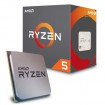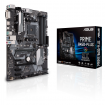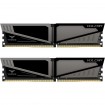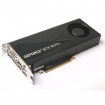Associate
- Joined
- 9 Feb 2017
- Posts
- 241
Why does this:
My basket at Overclockers UK:
Cost £353.47
Versus This:
My basket at Overclockers UK:
costs: £359.89
or this:
My basket at Overclockers UK:
costs: £368.69
There is 8GB more of DDR4 with a CPU, RAM and MB at a similar price compared to GPU's with 8GB DDR5/8GB HBM2. Can anyone explain why please?
My basket at Overclockers UK:
- 1 x AMD Ryzen 5 Six Core 1600X 4.00GHz (Socket AM4) Processor - Retail= £139.99
- 1 x ASUS PRIME B450-PLUS (Socket AM4) DDR4 ATX Motherboard= £92.99
- 1 x Team Group Vulcan T-Force 16GB (2x8GB) DDR4 PC4-24000C16 3000MHz Dual Channel Kit - Grey (TLGD416G30= £109.99
Total: £353.47 (includes shipping: £10.50)
Cost £353.47
Versus This:
My basket at Overclockers UK:
Total: £359.89 (includes shipping: £9.90)
costs: £359.89
or this:
My basket at Overclockers UK:
Total: £368.69 (includes shipping: £8.70)
costs: £368.69
There is 8GB more of DDR4 with a CPU, RAM and MB at a similar price compared to GPU's with 8GB DDR5/8GB HBM2. Can anyone explain why please?






